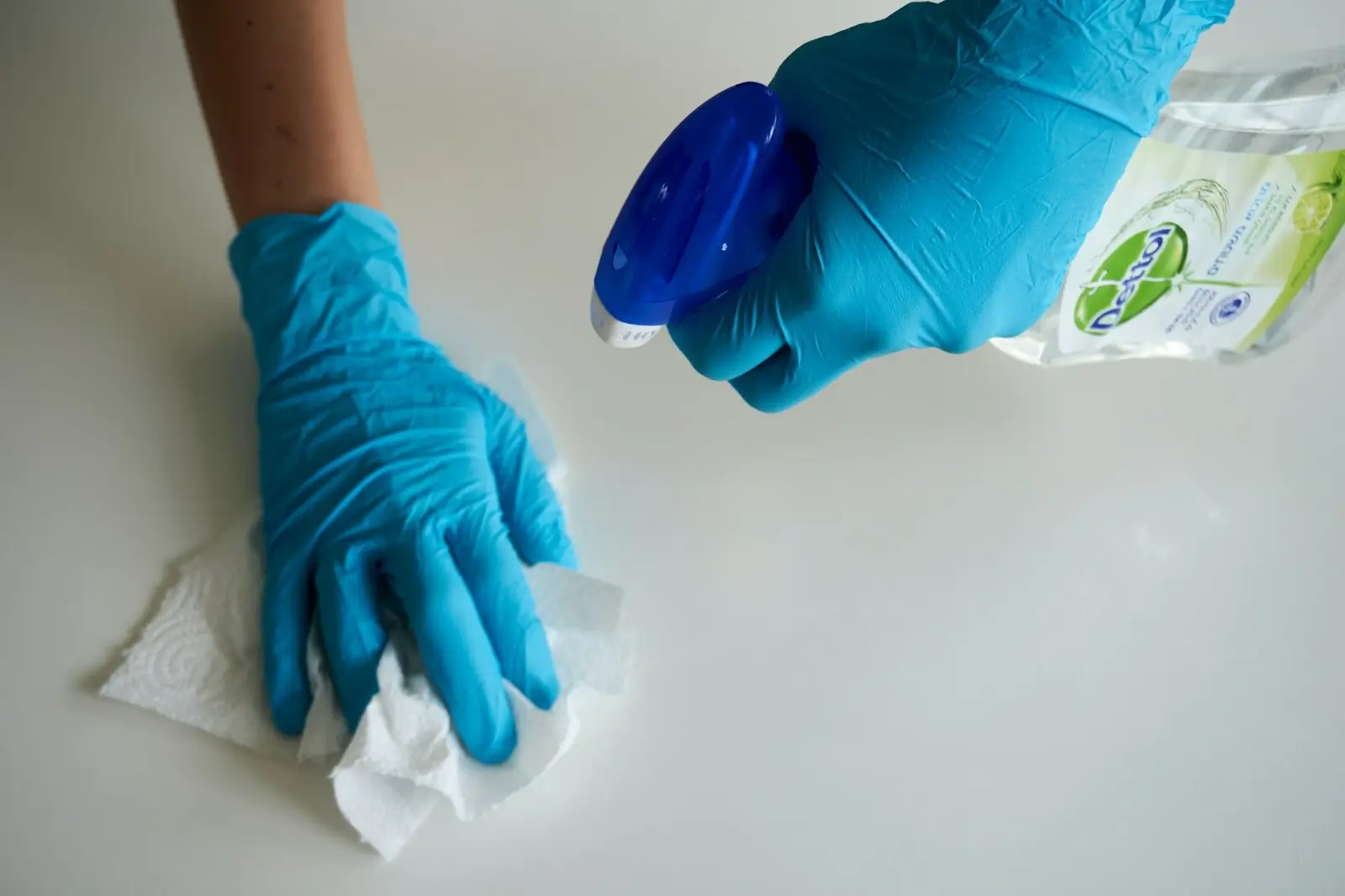Introduction
When it comes to outdoor cleaning tasks, having the right hose material can make a significant difference in efficiency and effectiveness.
Different cleaning requirements call for specific hose materials that can withstand the demands of the task at hand. From heavy-duty cleaning to delicate watering, understanding the relationship between hose material and cleaning requirements is essential.
In this blog, we will explore various hose materials and their suitability for different cleaning needs. By selecting the right hose material, you can ensure optimal performance, durability, and longevity, making your cleaning tasks easier and more efficient.
Rubber Hoses: Durability for Heavy-Duty Cleaning

Rubber hoses are renowned for their durability and resistance to abrasions, making them an excellent choice for heavy-duty cleaning tasks. They are often used in commercial and industrial settings where the cleaning demands are high.
Rubber hoses can withstand harsh conditions, including exposure to chemicals, hot water, and high-pressure cleaning. Their robust construction allows them to handle rough surfaces and endure frequent dragging and bending.
If you need a hose for power washing, cleaning driveways, or tackling stubborn dirt and grime, a rubber hose is an ideal option.
PVC Hoses: Versatility for General Cleaning

PVC (polyvinyl chloride) hoses offer versatility and affordability, making them suitable for general cleaning purposes.
They are lightweight and flexible, allowing for easy maneuverability around your outdoor spaces. PVC hoses are often used for tasks such as washing cars, watering gardens, and cleaning patios. They are resistant to kinks and tangles, ensuring a smooth flow of water during cleaning.
However, it’s important to note that PVC hoses may not be as durable as rubber hoses and may be less tolerant of extreme temperatures. Therefore, they are best suited for lighter cleaning tasks where high-pressure or hot water is not required.
Hybrid Hoses: Balancing Durability and Flexibility
Hybrid hoses combine the best features of rubber and PVC hoses, offering a balance between durability and flexibility.
These hoses typically consist of a rubber inner layer for strength and an outer layer made of PVC or another lightweight material for added flexibility. Hybrid hoses are resistant to kinks and abrasions while remaining lightweight and easy to handle.
They are suitable for a range of cleaning tasks, from medium-duty outdoor cleaning to watering delicate plants. Hybrid hoses provide a reliable solution for those who seek a compromise between the durability of rubber hoses and the maneuverability of PVC hoses.
Expandable Hoses: Compactness and Ease of Use

Expandable hoses have gained popularity due to their compactness and convenience. Made of a flexible inner tube covered by a fabric casing, expandable hoses expand when filled with water and contract when the water is turned off.
These hoses are lightweight and take up minimal space, making them ideal for small storage areas. Expandable hoses are commonly used for tasks such as light cleaning, watering gardens, and washing vehicles.
However, they may not be suitable for high-pressure applications or heavy-duty cleaning. It’s important to handle expandable hoses with care to avoid punctures or leaks that can affect their lifespan.
Stainless Steel Hoses: Resilience for High-Temperature Cleaning

For cleaning tasks that involve high temperatures or steam, stainless steel hoses are an excellent choice. These hoses are designed to withstand extreme heat and are commonly used in industrial and commercial settings where sanitation and hygiene are of utmost importance.
Stainless steel hoses are resistant to corrosion and rust, making them suitable for applications involving hot water or steam. They can endure high-pressure cleaning and are often used in kitchens, food processing facilities, and medical environments where cleanliness and sanitation standards are stringent.
While stainless steel hoses may be less flexible compared to other materials, they offer unparalleled resilience and longevity in high-temperature cleaning scenarios.
Polyurethane Hoses: Lightweight and Flexible for Portable Cleaning
When portability is a priority, polyurethane hoses are an excellent choice. These hoses are lightweight, flexible, and easy to handle, making them ideal for tasks that require mobility.
Polyurethane hoses are commonly used in portable cleaning equipment, such as pressure washers, where users need to move freely while performing cleaning tasks. They offer good resistance to abrasions and are less prone to kinking, ensuring uninterrupted water flow.
Additionally, polyurethane hoses are often UV-resistant, which means they can withstand prolonged exposure to sunlight without degradation. Whether you’re cleaning outdoor furniture, washing windows, or performing other portable cleaning tasks, polyurethane hoses provide the flexibility and convenience you need.
Nylon Hoses: Chemical Resistance for Industrial Cleaning
Industrial cleaning often involves the use of harsh chemicals and solvents. In such cases, nylon hoses are a reliable choice. Nylon is known for its excellent chemical resistance, making it suitable for environments where exposure to aggressive cleaning agents is common.
These hoses can withstand a wide range of chemicals, including acids, alkalies, and petroleum-based substances. Nylon hoses are often used in manufacturing facilities, laboratories, and other industrial settings where thorough and effective cleaning is essential. They offer durability, flexibility, and resistance to abrasions, ensuring a long lifespan even in challenging working conditions.
If you require a hose for heavy-duty industrial cleaning that involves chemical applications, nylon hoses are an optimal solution.
Specialty Hoses: Tailored Solutions for Specific Cleaning Needs
In addition to the aforementioned hose materials, there are specialty hoses available that cater to specific cleaning requirements.
These hoses are designed with unique features and properties to address specific challenges. For example, there are anti-static hoses that dissipate static electricity, reducing the risk of electrical shocks in environments with sensitive equipment or flammable substances.
Oil-resistant hoses are designed to handle oil and petroleum-based products without deterioration.
Hot water hoses are specifically engineered to withstand high temperatures, ensuring safe and efficient cleaning in hot water applications. By identifying your specific cleaning needs and exploring specialty hose options, you can find a tailored solution that meets your requirements precisely.
Conclusion
The relationship between hose material and cleaning requirements is crucial to achieving optimal cleaning results. Choosing the right hose material ensures durability, flexibility, resistance to chemicals or heat, and longevity. Rubber hoses excel in heavy-duty cleaning, while PVC hoses offer versatility for general tasks.
Hybrid hoses provide a balance between durability and flexibility, while expandable hoses offer compactness and ease of use. Stainless steel hoses withstand high-temperature cleaning, polyurethane hoses provide portability, and nylon hoses offer chemical resistance.
Specialty hoses cater to specific cleaning needs, providing tailored solutions.
By understanding the characteristics of different hose materials, you can select the most suitable one for your cleaning requirements and ensure effective and efficient cleaning experiences.






